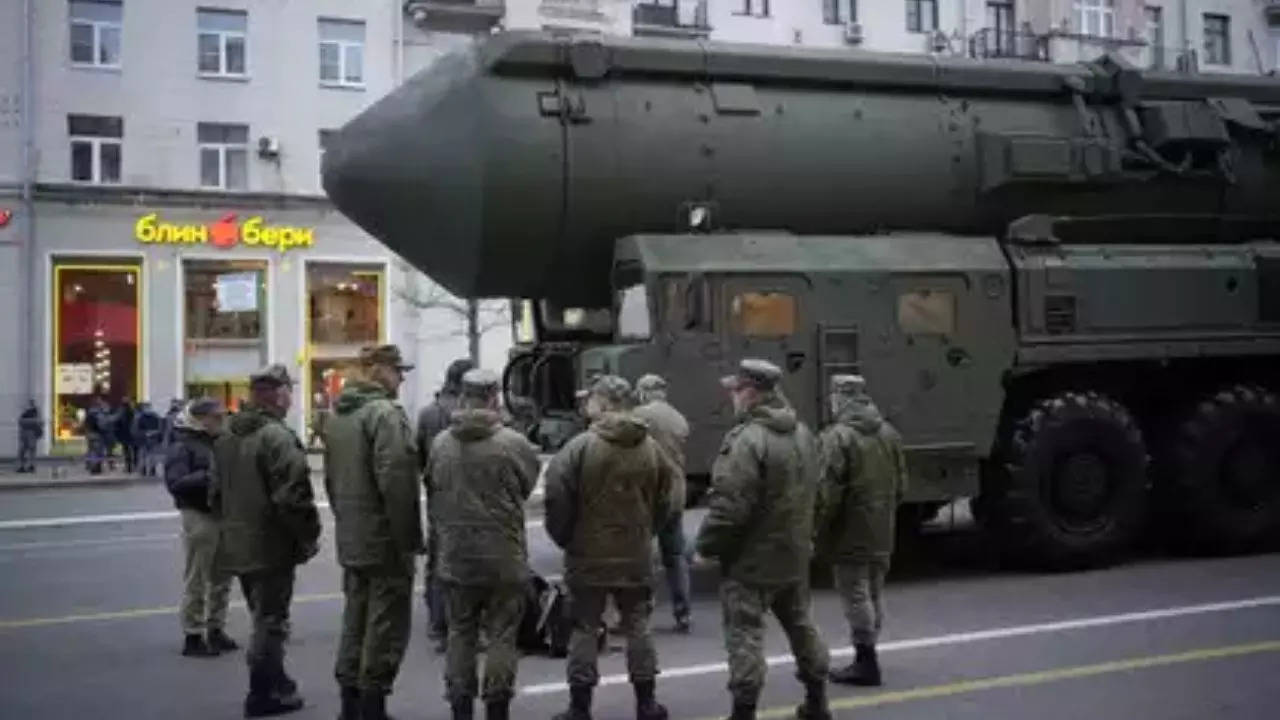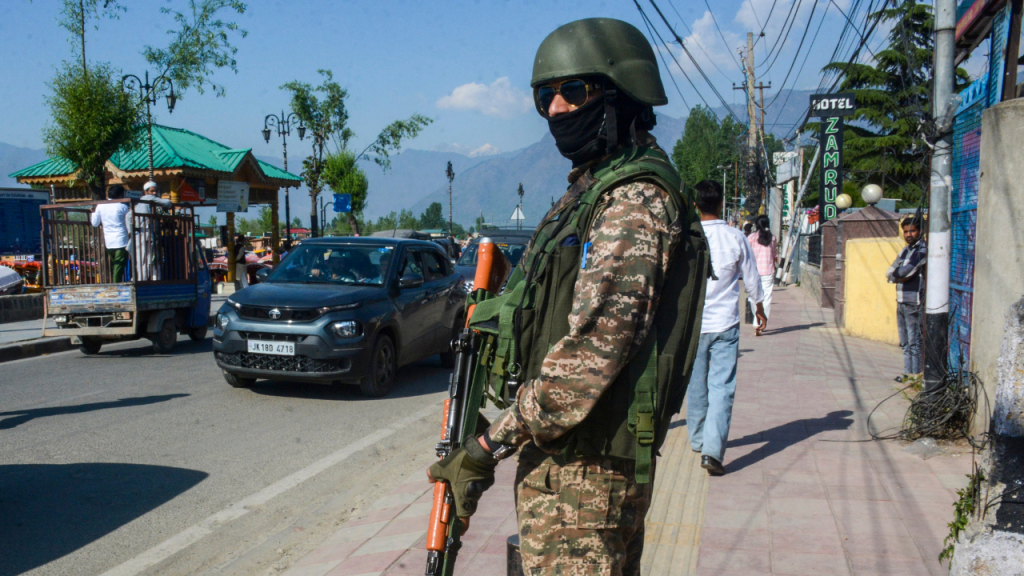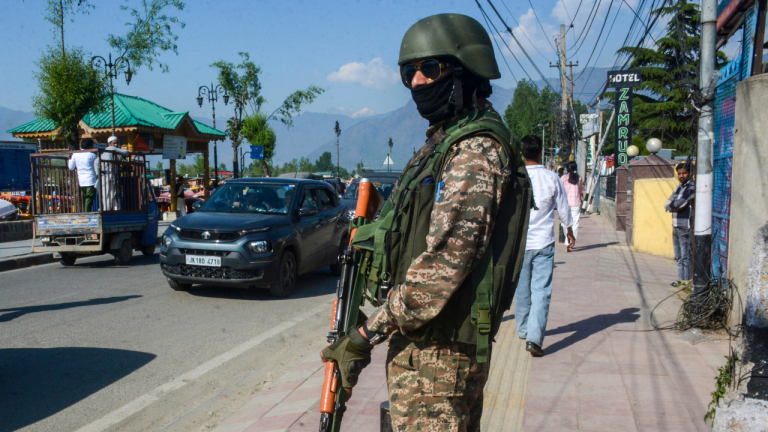After the fall of the Soviet Union, Ukraine inherited a significant nuclear stockpile. Despite possessing these nuclear weapons, Ukraine decided to give them up due to financial constraints and geopolitical risks. The 1994 Budapest Memorandum assured security guarantees to Ukraine, but these turned out to be ineffective when Russia annexed Crimea and backed separatists in Ukraine. The current Russia-Ukraine conflict underscores the security vulnerabilities of Ukraine in the absence of nuclear deterrence. This situation has raised concerns about Ukraine’s ability to defend itself against external threats. The decision to relinquish nuclear weapons continues to have repercussions for Ukraine’s national security. The unresolved conflict with Russia has left Ukraine in a precarious position, prompting a reevaluation of its security strategies. The need for reliable security alliances and defense mechanisms has become more apparent in the face of ongoing tensions with Russia. As Ukraine navigates these challenges, the international community closely watches the developments in the region. The implications of Ukraine’s nuclear disarmament serve as a cautionary tale for other countries considering similar decisions. The delicate balance between national security and international relations remains a critical issue for Ukraine and its allies.

Posted in
JUST IN
Ukraine’s Decision to Give Up Nuclear Weapons Haunts Them Amid Russia Conflict: Analysis
In Trend

“India’s COVID-19 cases surge as new variant spreads rapidly, raising concerns among health officials”





















